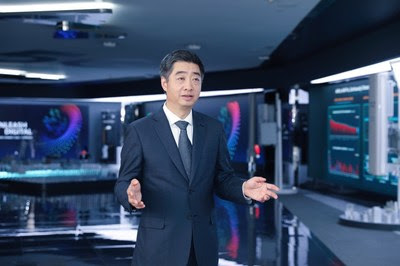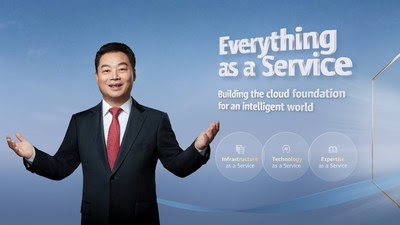U.N. Secretary-General Antonio Guterres appealed to leaders Tuesday to unite and take action to address the problems of a world “teeming with turmoil.”
“We are in rough seas; a winter of global discontent is on the horizon,” he said at the opening of the annual weeklong gathering of presidents, prime ministers and other officials at the U.N. General Assembly.
“A cost-of-living crisis is raging. Trust is crumbling. Inequalities are exploding.
“And our planet is burning,” he cautioned.
“We need hope …. and more. We need action.” His immediate call was for easing the global food crisis. An essential element of that is addressing what he called the “global fertilizer market crunch.”
Since Russia invaded Ukraine on February 24, it has imposed quotas on its exports of fertilizer. Russia is one of the world’s top exporters and the shortages it has created have led to steep price increases on international markets, making it unaffordable for some small farmers, with the potential to dramatically decrease their harvests.
“Without action now, the global fertilizer shortage will quickly morph into a global food shortage,” Guterres said.
He called for the removal of “all remaining obstacles” to the export of Russian fertilizers and their ingredients, including ammonia.
“These products are not subject to sanctions — and we are making progress in eliminating indirect effects,” he emphasized.
While there are no Western sanctions on either Russian food or fertilizer exports, Moscow claims that there are. A deal signed in Istanbul on July 22 is helping to get millions of tons of Ukrainian grain to international markets and is working to build confidence among shippers, insurers and buyers of Russian grain and fertilizer so they will resume at pre-invasion levels.
Two giant screens in the assembly hall above the secretary-general showed a photo of the Brave Commander, one of the ships that carried Ukrainian grain to the Horn of Africa. He said it represents multilateral diplomacy in action.
“Meanwhile nuclear saber-rattling and threats to the safety of nuclear plants are adding to global instability,” he said, alluding to the threatened Zaporizhzhia nuclear power plant in Ukraine, as well as rhetoric and actions from North Korea and questions around Iran’s nuclear program.
Wider turmoil
Guterres mentioned a litany of crises both new and entrenched from Ethiopia and the Sahel to Haiti, Syria and Myanmar that he said must be resolved.
In Afghanistan, he said human rights are “being trampled,” especially those of women and girls, who have seen their rights disappear under the Taliban.
He warned of the dangerous divisions between the global West and the South and geopolitical tensions splitting between developed and developing countries.
The world’s top diplomat urged making conflict prevention and peace-building a priority.
“In all we do, we must recognize that human rights are the path to resolving tensions, ending conflict and forging lasting peace,” he reminded leaders.
All this conflict is leading to an unprecedented amount of humanitarian need. He said U.N. aid appeals are running a deficit of $32 billion.
In his sea of bad news, he found a few “glimmers of hope.”
“In Yemen, the nationwide truce is fragile but holding,” he said. “In Colombia, the peace process is taking root.”
The world’s youth are also a source of hope, he said, as they work for a better future.
Existential threat
The secretary-general’s strongest words were for the rapidly warming planet.
“The climate crisis is the defining issue of our time,” he said. “It must be the first priority of every government and multilateral organization.”
He worried that climate action has been pushed to the back of the international agenda, despite global public support for leaders to do more.
Greenhouse gas emissions are rising at record levels and he said they need to be slashed by 45% by 2030 to have any hope of reaching the net zero target by 2050.
To do that, he urged the world to end its “addiction” to fossil fuels and accelerate its transition to clean, renewable energy. And as part of that, he said, “Polluters must pay.”
“Today, I am calling on all developed economies to tax the windfall profits of fossil fuel companies,” the secretary-general declared, noting that G20 countries emit 80% of all greenhouse gas emissions.
He said those funds should go to help defray the costs of climate change in countries suffering loss and damage from the climate crisis and to people struggling with rising food and energy prices.
He urged unity to develop “common solutions to common problems.”
“Let’s work as one, as a coalition of the world, as united nations,” he said.
Source: Voice of America



